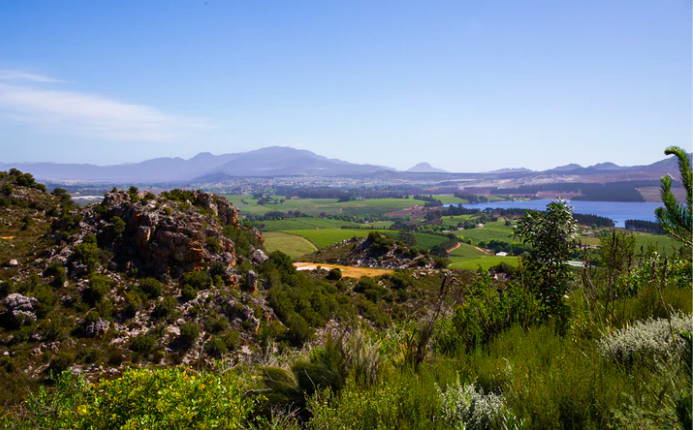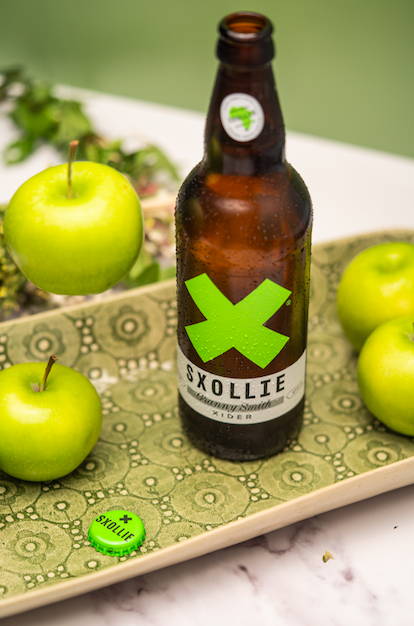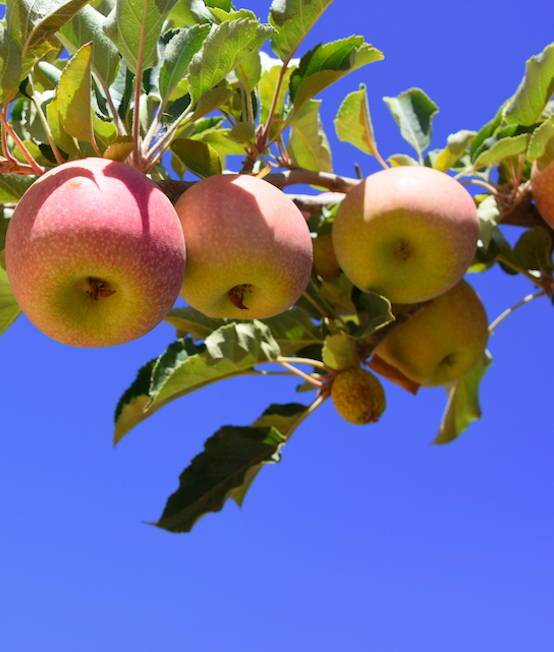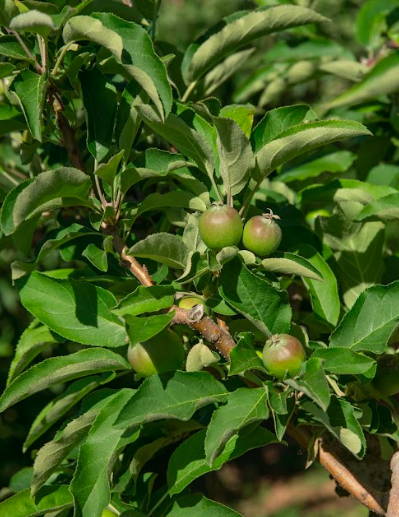5 Reasons why Cider is the most sustainable beverage out there...
5 Reasons Why Cider Is The Most Sustainable Beverage Out There!

FEATURED ARTICLES
FACT: CIDER IS THE MOST SUSTAINABLE BEVERAGE ON THE PLANET
We care SO much about where our food comes from, so why not booze? Although the world is obsessed with emissions, saving our planet is more than just carbon emissions, it’s also about soil health, water use, biodiversity and protection of our fellow man!
So, let’s take a closer look at cider!
Raw materials - what goes in, must come out…
There are countless raw materials out there that one could ferment; typically you’d use barley/ wheat for beer, grapes for wine, and potatoes/ cane sugar for gin. For cider, you, of course, use apples.
To grow source ingredients requires large tracts of land and growing annual crops which deplete nutrients in the soil. Also, these crops require huge amounts of water - not good for our feverish planet right?
Ok, so beer is a no-go!
But all is not lost, we still have fermentable sugars in fruit. And, it’s widely agreed that the production of apples uses far less resources than other fruit. So, as a raw material, making alcohol from apples wins every time! #gocider!


Better production methods: If it’s too hot in the kitchen… get out!
In order to turn sugar into alcohol, you’ll need yeast to eat up that sugar. This is called fermentation. To ferment grains, you’ll need to boil them. Apples though, have more than enough convertible sugar so fermentation occurs naturally, without heat. This reduces CO2 emissions.
And don’t forget the angels share...
To create spirits, the alcohol produced through fermentation needs to be distilled through boiling and capturing, thereby making it stronger.So spirits, by their nature, require more energy to produce.
But not all ciders are equal
In today’s world of “I want it now”, many large scale producers use apple concentrate to produce cider quickly. A bit like serving apple squash to a hoard of thirsty schoolchildren, cider producers take apple concentrate, add some water and hefty helpings of extra sugar (to up the alcohol) and hey presto - a fast-food style cider.
But all is not lost, we still have fermentable sugars in fruit. And, it’s widely agreed that the production of apples uses far less resources than other fruit. So, as a raw material, making alcohol from apples wins every time! #gocider!


So who cares?
Well, firstly, where did that concentrate come from? And how did it get here? The cider maker may have “local” branding, but the raw materials may have been shipped from anywhere. The energy used to boil up those apples is huge, and it creates a sickly sticky-toffee flavour and little apple characteristic - so how do they make it taste of apple again?
No all apples are equal…
Although the UK has a long history of cider making, these apples are tannic and bitter, so they are used almost exclusively for cider.
Historically, when raw sugar became available, cider makers realised that they could add it before fermentation to increase alcohol levels of their apples (the fancy term is chaptalisation), and afterwards to make the taste palatable.
And here lies modern British cider - resplendent with imported sugar throughout production.

Again… so what?
Well, besides the bleeding obvious waistline issues, we know refined sugar is bad for you. The sugar supply chain is notoriously opaque, and can even be sourced from countries with modern slavery and human rights concerns, but alas, you don’t see the “produced in” on the back of that bottle of cider!
Producing sugar requires huge amounts of processing, which is bad for the environment and the sugar is shipped long distances.
But all is not lost, there are many cider producers out there who are keeping things clean, and natural!
At SXOLLIE for example, we believe in letting nature do its work. We use eating apples from one fabulous ethical supplier grown in the South African sunshine. So we have full traceability over our supply chain, and don’t add any sugar, concentrate or water to SXOLLIE. This means it not only tastes like the apples it’s made from, but also it’s better for the planet & people (that’s a story for another day…).
"As well as making a sustainable product, it's important to us at SXOLLIE that our partners echo our ethos. We currently have nationwide distribution within Nando's who, as well as supporting South African communities (like us), have been frontrunners in sustainability with a core team developing innovative ways to reduce carbon emissions, improve animal welfare and more".
Next time you’re picking your drinks list - think twice before listing any old cider - you have the opportunity to make a change in the world through your procurement practices!
